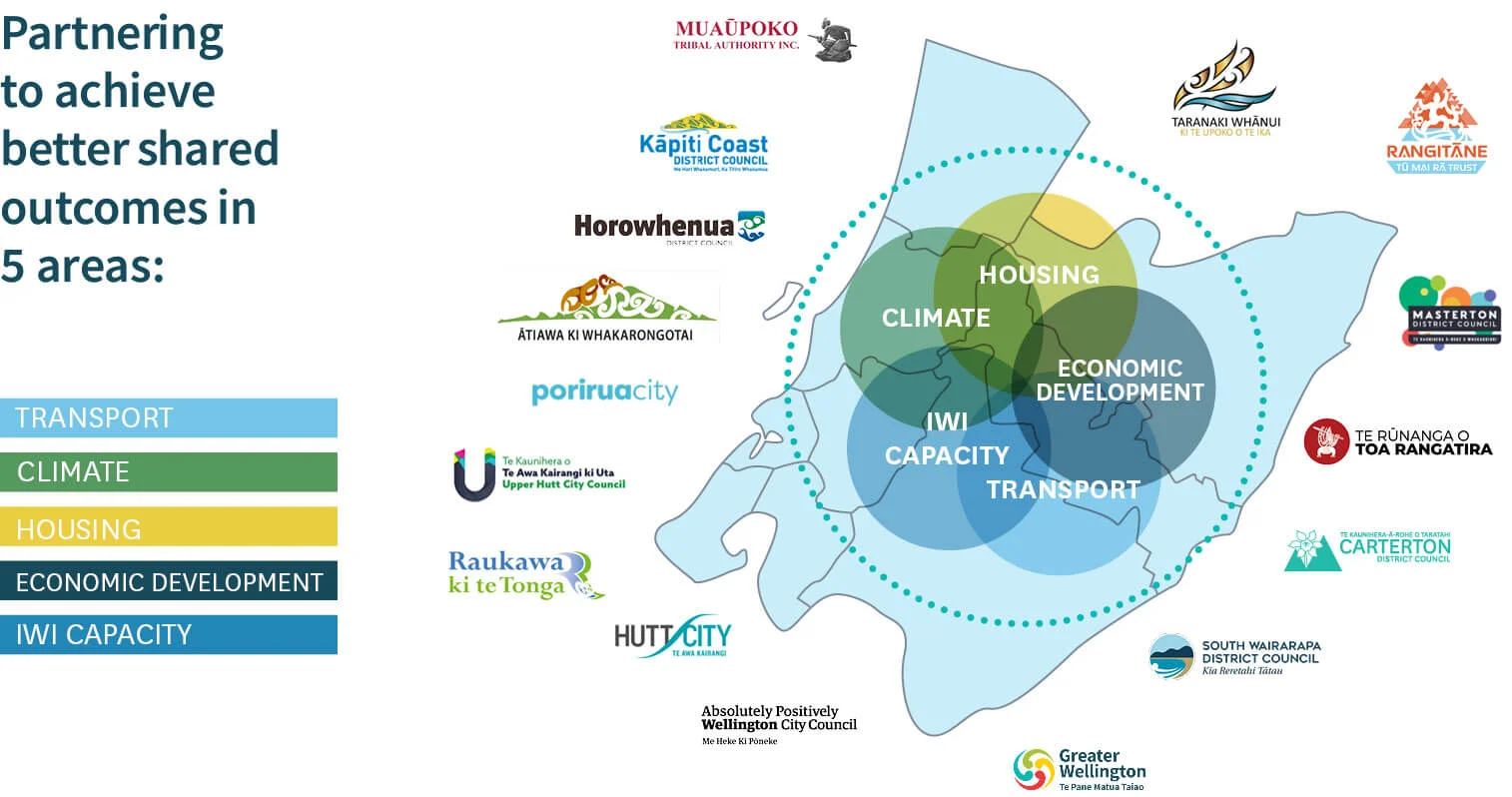Kia ora koutou and welcome to January’s pānui | eNews, featuring:
-
Developing a Future-Fit Regional Food System Strategy
-
Natural Capital in our Capital – think-piece
-
Improving public sector effectiveness for Māori
-
WRLC Vacancy: Iwi Liaison role
-
Consultation on the Spatial Planning Bill and Natural and Built Environment Bill
-
Meet Team WRLC: Rachelle Johnston
-
2023 webinars – exploring local government innovation
-
Survey – what would you like more of in 2023?
Developing a Future-Fit Regional Food Systems Strategy
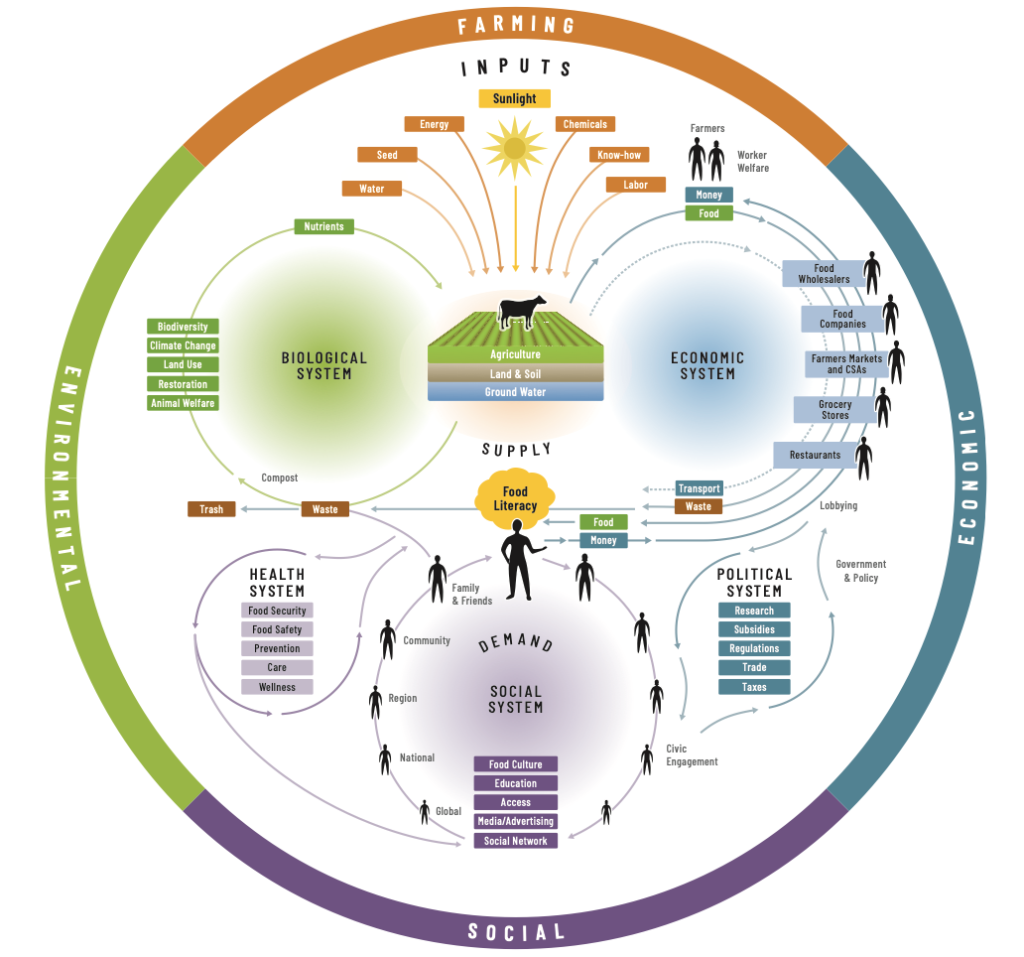
How do we need to design our food systems now, to ensure equitable, sustainable food systems with thriving local markets for the next 10, 20, 100 years?
If this question is relevant to your work, let’s talk. We are now seeking connections and potential collaborators to support our Regional Food Systems Strategy, as well as to maximise the impacts of all work in this area.
Our regional food system is productive and diverse, but faces significant challenges that impact the health of our environment and our people. To address these, we’re developing a Regional Food Systems Strategy, to support the Wellington-Wairarapa-Horowhenua to build a locally-based resilient, and fair food system.
Natural Capital in our Region: How are we investing in nature and biodiversity?
A look into the value and potential of our natural resources.
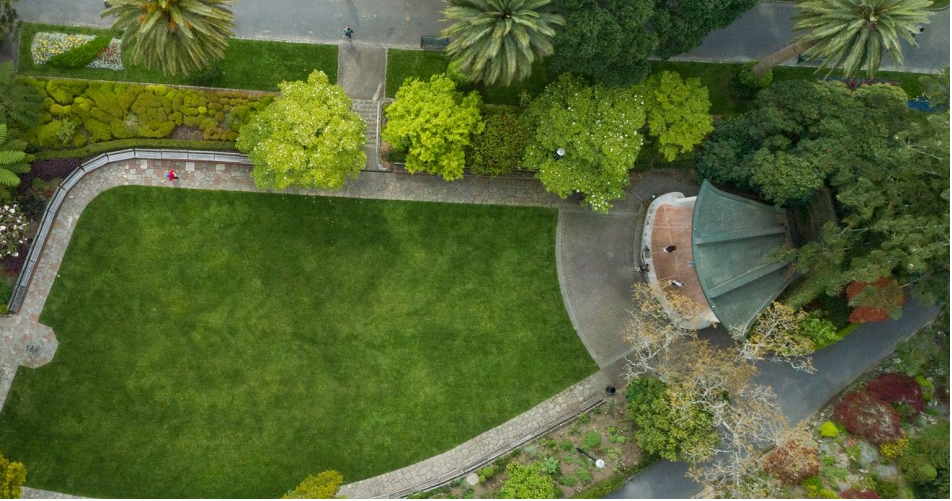
This is the third in a series of articles by WSP exploring issues and opportunities for the design and development of regions across Aotearoa New Zealand. Read on to hear about the importance of growing biodiversity or ‘Natural capital’ in our urban areas across the region.
A natural capital approach is a way of putting nature at the centre of our world understanding as we look to better care for our natural resources, fresh water, oceans, forests, air, geology, soil, flora and fauna and all related eco-systems. We are the guardians of our places, natural and social. We have the opportunity to restore nature’s balance, to rewild cities, to green our neighbourhoods and support bio-diversity net gain across our communities. For instance, the wonder that is walking around Wellington at dusk, seeing starlings flying in from the suburbs to roost for the evening in their favourite trees, hearing the chorus of birds close out the day, is an invitation into the social life of birds – chirping and chattering away; and a beautiful reminder of our cohabitation.
Improving Public Sector Effectiveness for Māori
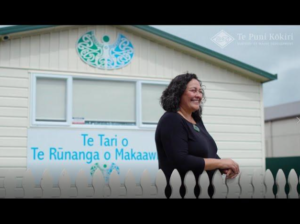
“There is something so simple that is often underestimated.
People want to know how to work effectively with others and to have good partnerships but they don’t know how.
A simple solution? Ask.”
~ Dr Anita Perkins
Recently, a team at Te Puni Kōkiri carried out case study research on how public sector agencies can work more effectively with Māori. One of the case studies was on improving relationships between mana whenua and government in Te Tai Poutini/West Coast. They interviewed leaders from the two rūnanga of Ngāi Tahu – Ngāti Waewae and Makaawhio – as well as local council, and central government agencies on the West Coast.
These case studies are intended to be resources for government agencies and policy makers to learn from and strengthen their effectiveness for Māori.
WRLC Iwi Liaison role
The WRLC has a part-time role for an Iwi Liaison Manager. Relationships with iwi and mana whenua are integral to our work programme, to ensure that our projects are developed in partnership with iwi. The iwi liaison will play a key role in supporting this outcome.
If you are interested in finding out more, please contact WRLC Programme Director: kim@wrlc.org.nz.
Meet Rachelle Johnston – Papakāinga Toolkit Project Lead
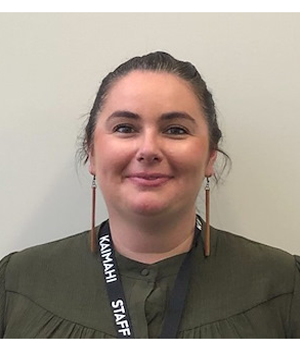 |
It is the people who bring work to life, showing up, building relationships, reimagine the challenge and opportunity landscape, and genuinely wanting to make a positive impact for their community and country. This year we’re running a series of interviews to introduce you to the team of amazing people behind the scenes, doing the work to manage and deliver the WRLC work programme. |
Webinars 2023 – exploring local government innovation
We’re all familiar with famous quotes about, “the same thinking that created a problem won’t also solve it.” Continuing to ask better questions is fundamental to enabling the mindset agility needed for the challenges facing us all.
Finding the best solutions to complex social and environmental challenges is not a linear process. The real world and it’s challenges and opportunities are dynamic and messy, requiring us to be curious, agile, collaborative, and multi-perspectival. Our work programme is tackling complex interrelated issues such as housing, climate, transport and iwi capacity. The research shows that the more diverse the thinking on a problem, the better the solution.
These webinars are designed to share ideas about better understanding of ways we can work to achieve greater impact.
Registration details for webinars will feature in our February eNews, or sooner via our linkedin page.
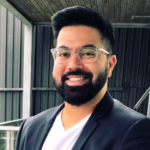 Dr Jas Qadir
Dr Jas Qadir
Principal Procurement Specialist, MBIE.
PhD: Regenerative Development: Systems Approaches, Public Investment and Multi-Capital Outcomes
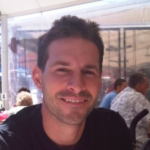 Rob Cousins
Rob Cousins
Innovation Manager, Worksafe.
Rob’s work involves applying systems thinking to achieve impact in the public sector, while navigating the complexity of the real world. Don’t miss this one
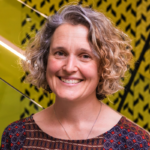 Dr Rhian Salmon
Dr Rhian Salmon
Science Communication Lecturer, Academic and Public Engagement Specialist.
Co-Founder of the Centre for Science in Society, Principal Investigator with Te Pūnaha Matatini and their lead on Community of Inquiry focussed on Engagement. Dr Salmon is a passionate instigator and promoter of the intersection of science communication, community engagement, and democracy.
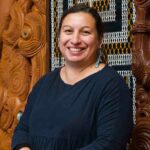 Dr Becky Kiddle
Dr Becky Kiddle
Head of Urban Development, Hutt City Council.
Co-Author of, “Imagining Decolonisation”.
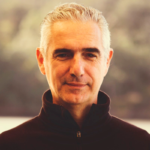 Julio Bin
Julio Bin
Systems Innovation Lead, The Southern Initiative.
The Southern Initiative is, “the quiet achiever” of enabling real, economic and social innovation and transformation in communities in South Auckland. Julio will share his wisdom and learnings on his role in this.
Suggested topics or speakers?
We’d love to hear from you on any other topics or speakers that would interest you or help you in your work.
Please email Communications advisor Freda Wells to discuss further: freda@wrlc.org.nz.
Feedback on WRLC
What would you like to hear more about? We’d love to hear your thoughts on what topics, content or events you’d iike to see more of, would best support your work, or you’re most curious about. Please share your thoughts or any other feedback – via this link.
About the Wellington Regional Leadership Committee
WRLC is a joint regional partnership which brings together Iwi leaders, Mayors, Ministers of Government, and an independent chair, to work collaboratively on cross-boundary, growth-related challenges in the Wellington-Wairarapa-Horowhenua region.
WRLC exists to find better ways of working together to ensure that our region continues to be a place where people want to live, work and thrive.
Our projects cover five broad key areas that are integral to our shared growth-related cross-boundary challenges. These five areas are iwi capacity, housing, climate, transport and economic development and recovery. Read more about our work on our project page, and if you’re interested in collaborating, sharing information and finding alignment – get in touch at hello@wrlc.org.nz.
